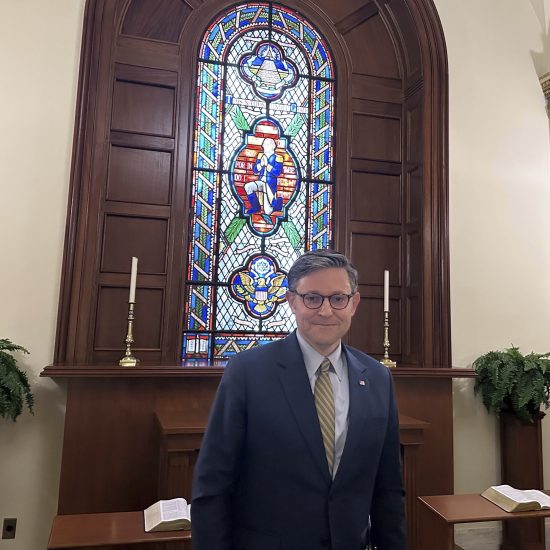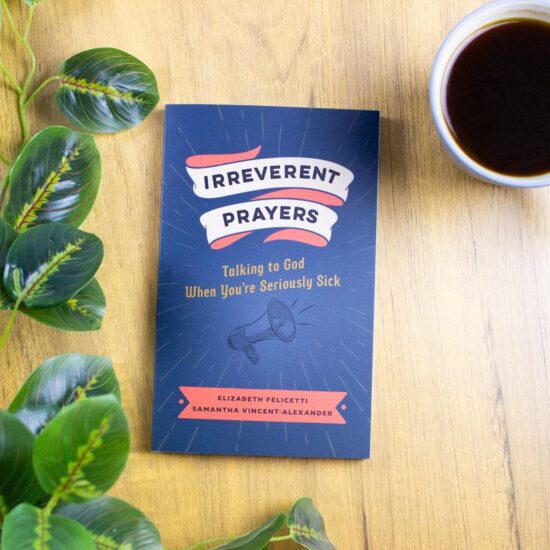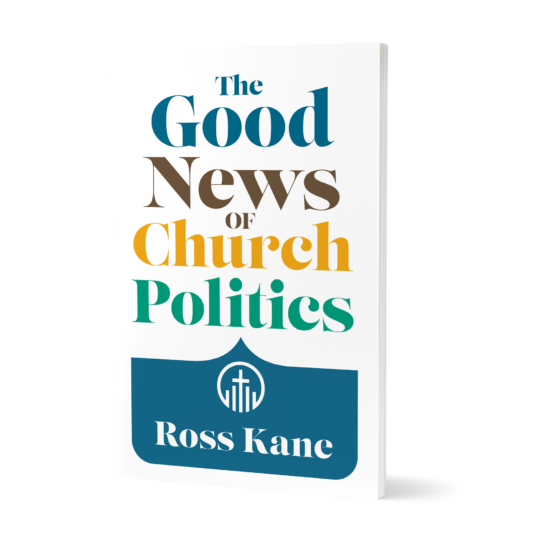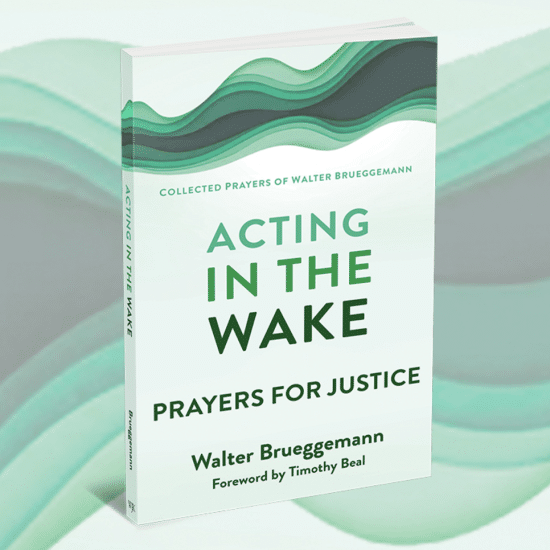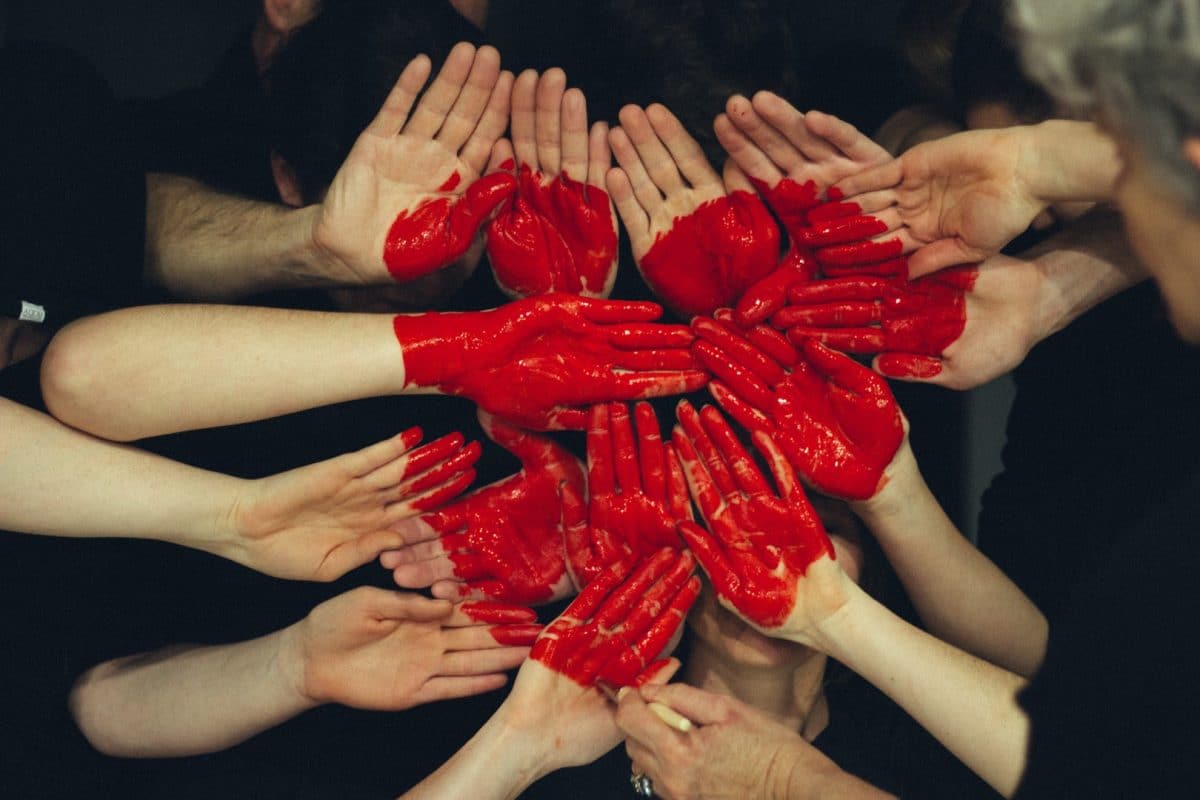

Photo by Tim Marshall on Unsplash
One of the consistent things about the early life of the church was that every time its members lived into their faith, they experienced a challenge. Every time one of the disciples or deacons performed a miracle through the power of the Holy Spirit, or preached in the name of Jesus, they were quickly met with opposition from the religious powers that existed.
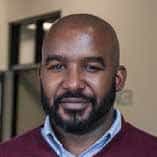
Terrell Carter
A pattern emerged for them: They would experience God’s power first-hand, praise God for what they had seen, then be persecuted for their faith. The cost of faith was something the early church had to deal with on a regular basis. We see one example of this in Acts 4.
Acts 4 continues the events of Acts 3 where Peter and John heal a beggar who had been crippled. Instead of giving him money, they gave him something substantially greater. Under the leading of the Holy Spirit, they fulfilled the man’s greatest need. Before the day was done, that man’s body was healed and transformed into what God intended. Afterwards, they all entered the Temple, praising God. The people in the Temple who recognized him and understood the miracle that had occurred, celebrated as well.
In addition to performing this miracle, Peter preached another Holy Spirit-inspired message about Jesus being the source of the healing because he was the fulfillment of the prophecies of prior generations. While everyone else celebrated, the leaders of the Jews from the Temple were livid because their social, political, and economic authority and influence were at stake because the people were believing in the message of Jesus as Savior.
Because of the evidence of their faith, which was propelled by the resurrection of Jesus, the early church faced steep odds. Those who were in power wanted to crush this fledgling band and their message. In the words of the quintessential hip-hop group De-La-Soul, “Stakes is High.”
The Church had everything to lose because of their faith in what they believed God was doing through them and what God was calling them to do. But they never gave up.
One of the reasons they persevered was because they faced everything together as a community. When one person found themselves in trouble, the rest of the church banded together in prayer and support for that person. Multiple times God answered their prayers, even to the surprise of those who had been praying.
The legacy the early church has left for us to follow is one of hope, power, and community built on the foundation of resurrection faith. Resurrection faith is not a gift we accept lightly because it naturally causes dissension, challenges people and systems that place faith and hope in money and possessions, and comes at a cost.
What are the stakes for us as we seek to follow the example of the early church? They may be social, political, or economic. But through the power of the Son, we don’t have anything to fear because through his resurrection we have already overcome the world.
Terrell Carter is vice president of community life and chief diversity officer at Greenville University in Greenville, Ill., and pastor of Webster Groves Baptist Church in Webster Groves, Mo.

